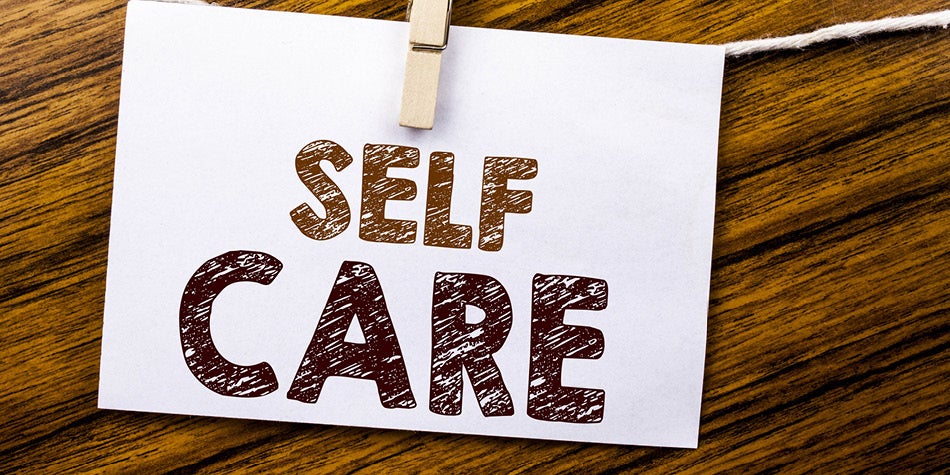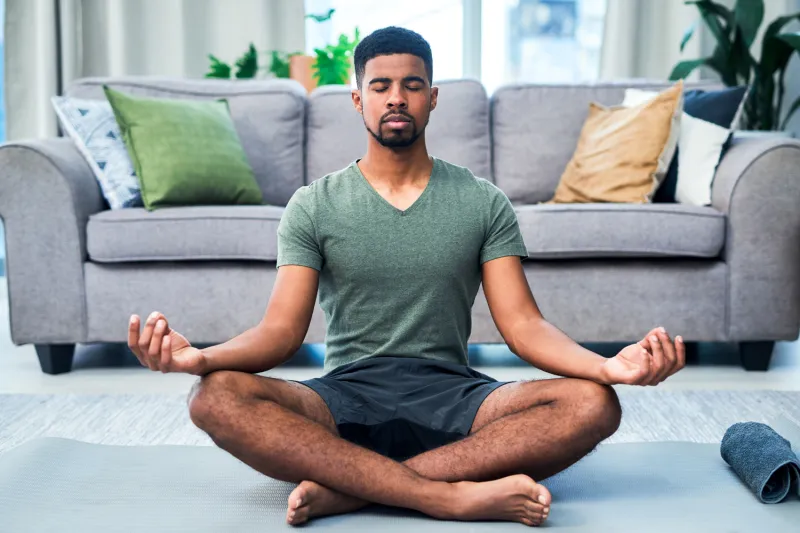In 2017, Promundo (now Equimundo) and AXE jointly conducted a study aimed at initiating a broader discussion on masculinity. The study revealed that the majority of men aged 18 to 30 often feel social pressure and are forced to conform to the "man box" (a deeply rooted stereotype that dictates how boys and young men should "be like men"). These stereotypes include behaving "strongly", being assertive to demonstrate masculinity, and neglecting self-care, such as expressing emotional vulnerability and paying attention to mental health.
Although studies have shown that men taking better care of themselves has a significant positive effect on overall health, this bias against men still exists. However, this situation is gradually improving. Let's take a look at some research which reveals the benefits of self-care and which self-care methods might help improve your overall health.

The Importance of Normalizing Self-Care for Men
Many men may believe that self-care is limited to the physical aspect, such as "taking a bubble bath, lighting candles, and listening to relaxing music". The Man Box study suggests that this emphasis might stem from the belief that "women won't like men who spend too much time on things like dressing, skincare, and hair care". The study also points out that many men are reluctant to talk about mental health because they feel that openly discussing issues related to mental health lacks "masculinity", and seeking help to deal with the problems they might encounter seems less manly.
This study truly astonishingly reveals that self-care related to physical attractiveness (such as men's grooming or gym workouts) is more common among men who consider themselves to be "masculine" than among those who do not. Tolu Lawrence, the Vice President of Business Development at Equimundo, clarified that these activities might enable men to meet the expected aesthetic standards, while also aligning with traditional masculine activities and conforming to societal standards of masculinity.
However, many of the key elements in the "man box", such as self-efficacy and assertive behavior, actually prevent men from prioritizing self-care that may be beneficial to emotional and psychological health. Just like self-care products, one of the biggest obstacles to persuading men to consider such health is the lack of a social structure that encourages emotional vulnerability and openness with others.
These ideas are gradually changing, even in the case of cosmetics related to male beauty. This is thanks to positive publicity and brand promotion campaigns, which have changed the image of male personal care and health. Axe's "Can Men Do It?" campaign in 2017 and Dove's campaigns since 2010 that incorporated father figures in their advertisements have all had a positive impact. Men are beginning to see positive reinforcement in the media and online, that self-care is not selfish or lacking in masculinity, but is crucial to their health.

Forms of self-care
Exercise
Meditation
Therapy
Self-Pleasure (Masturbation)
